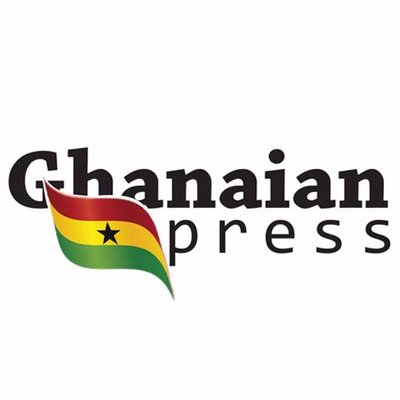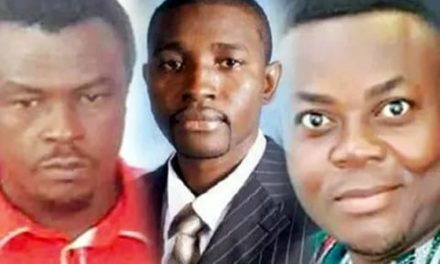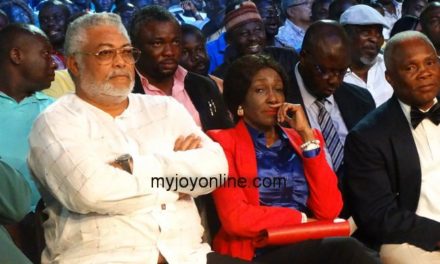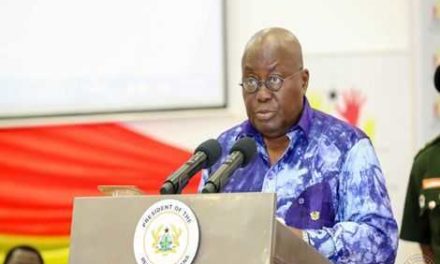By Blessing Vava
This generation should place economic independence at the centre of its vision for the continent, says Blessing Vava.
On 25 May, Africa we celebrate Africa Day. On this day in 1963, in Addis Ababa, Ethiopia, with 32 signatory governments, the Organisation of African Unity (OAU) was formed. The OAU disbanded on 9 July 2002 to be replaced by the African Union (AU). At its formation, the founding fathers saw the end of colonialism and white minority rule and the start of co-operation among African states in order to achieve a better life for the people of Africa. Among other aims, the AU also sought to defend the sovereignty, territorial integrity and independence of African states. It united Africa and gave it a voice for charting the way forward in the geopolitical arena, which had been dominated by the imperial forces and colonisers that pillaged Africa’s resources over a long period of time.
While self-determination, self-rule and political freedom were celebrated after the fall of colonialism, what became of the emancipation project, particularly economic freedom? How does the AU position itself to be a critical player in the global arena, rather than being subservient and a receiver of aid from the West and China? It is of critical importance that we take stock of the fate of the historic African revolution, the one that fought against imperialism and colonisation and for the ideals of a pan-African continent that spoke with one voice. What became of it? What is the fate of the liberation movements – are they still viable projects for achieving the total African emancipation? Liberation movements across the spectrum have experienced considerable difficulty in making the transition from struggle to government, and they have mostly failed at the last hurdle of the struggle – that of economic freedom. Fanon critiqued how the liberation leaders, after independence, will happily cosy up to accept crumbs from the former colonial power. He argued that national liberation would remain an empty shell if it failed to transform politically and economically. This should serve as a reminder to African leaders.
Africa: a divided continent
Africa today resembles the past: The continent is still divided along regional borders and tribal and ethnic boundaries – creations of the colonial rulers. The sad part is how the colonial masters are pursuing a neo-colonial agenda to further their hegemonic control of its former colonies. Recently, in a presentation at the African Leadership Series, Professor Otieno Lumumba lamented that it was only Africa that was still being referred to by colonial labels based on the identity of the coloniser. Lumumba highlighted terms such as ‘Anglophone’, ‘Francophone’ and ‘Lusophone’ to mean that we (Africa) are still a sphere of our erstwhile colonisers.
Africa today resembles the past: The continent is still divided along regional borders and tribal and ethnic boundaries – creations of the colonial rulers.
We still have bodies such as the Commonwealth, which, some critics argue, is a colonial relic, a neo-imperial conspiracy and nothing but a collection of every important state brought together by accident of having been colonised by Britain’. Is it not the same colonial power – Britain – that for centuries has pillaged our resources, colonising and enslaving Africans? It took an armed struggle against British settlers to end decades of colonial rule. Prof Lumumba argues that the 53 nations in the Commonwealth are not equal. Africa must never forget the ills perpetrated by Britain, which, until today, have not even issued an apology for the damage they caused in Africa.
Read: Africa Day 2017: Context, Consciousness, Action (Not Dividends)

As we celebrate Africa Day 2018, we take note of the change of leaders in many countries on the continent: Zimbabwe, Angola, South Africa, Botswana, Kenya, Ethiopia, Tanzania, Mozambique and Namibia have new leaders, some of whom are fairly young and were not part of the liberation group, but also some who do belong to that class. The question that confronts us today is this: What does this new layer of leadership on the continent mean for the African revolution?
The new leadership has a task ahead of it: They should clearly outline were they are taking the iconic project of African emancipation started by our founding fathers. The emancipation project means total economic independence for Africa.
Read: Africa Day: 10 quotes from African leaders
Even with this change of leadership, what is the qualitative direction of the African revolution in the context of what Fanon said would be the limits of the nationalist movements? And is quantitative change related to qualitative change? South Africa’s Julius Malema made a good point when he critiqued the age of leaders at the Pan-African Parliament, decrying it for being made up of the older generation. “The majority of African parliaments are constituted by [people of advanced age]. It is unacceptable. They make plans, calling them Vision 2030, knowing very well they will not even be here. We need the young ones who know that if they fail to implement their plan, they can still be held to account in 2030,” Malema said.

The post-liberation Pan-Africa project equally failed to transform itself and pass the baton on to the younger generation.
Suffice to say that while the liberation Pan-African project secured political freedom, the post-liberation Pan-African project must shift to economic freedom in our lifetime. This narrative has been aptly captured and pursued by the youth in South Africa, particularly the EFF. Equally, if that is the case (economic freedom), does that answer adequately the national democratic revolution agenda? Also, how does the non-Sankara, non-Machel, non-Nkrumah non-Nyerere or non-Chitepo generation answer the challenges of the day within the context of the Pan-African revolution project ignited by the liberation process?
The task of this generation is to follow the logical process of the Pan-African project and take it into the next phase were self-rule and economic independence will be at the centre of our vision for the continent.





Facebook Comments